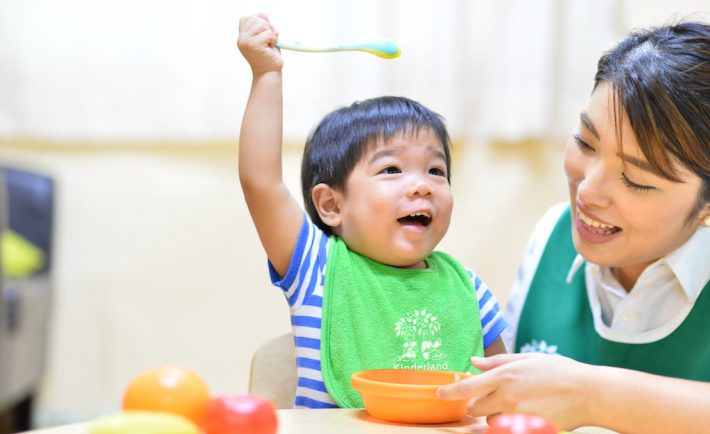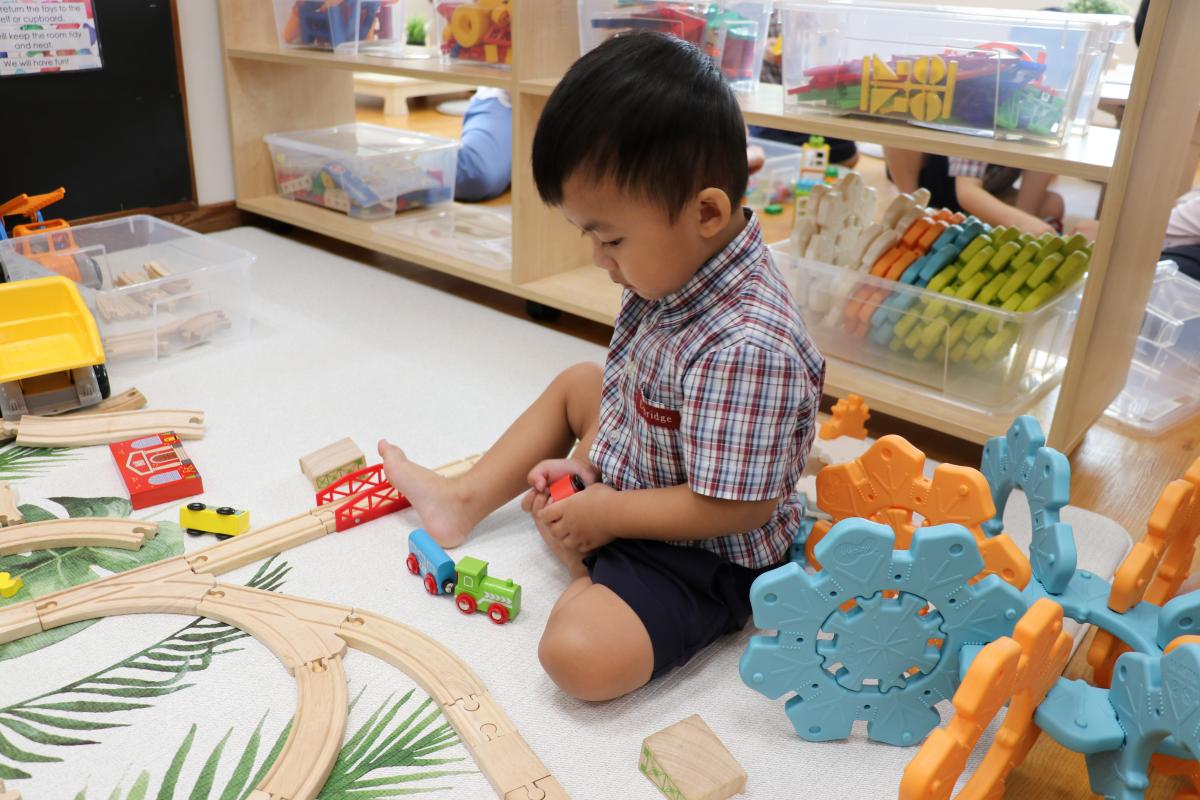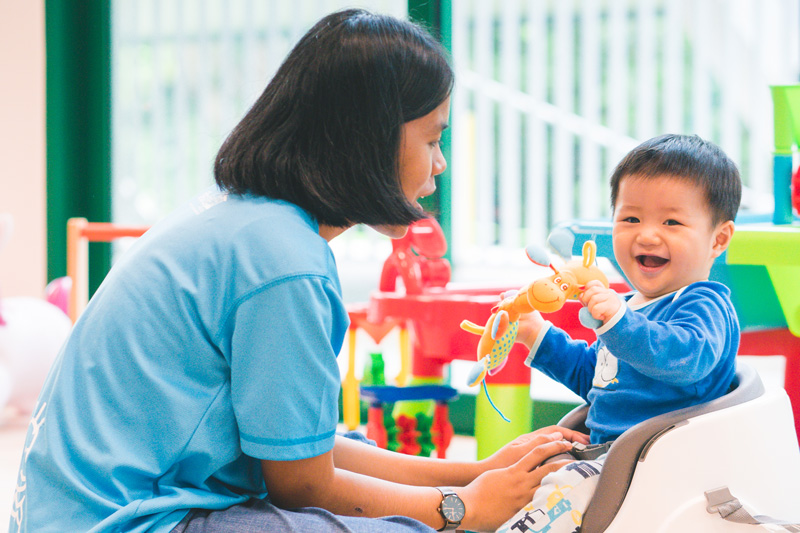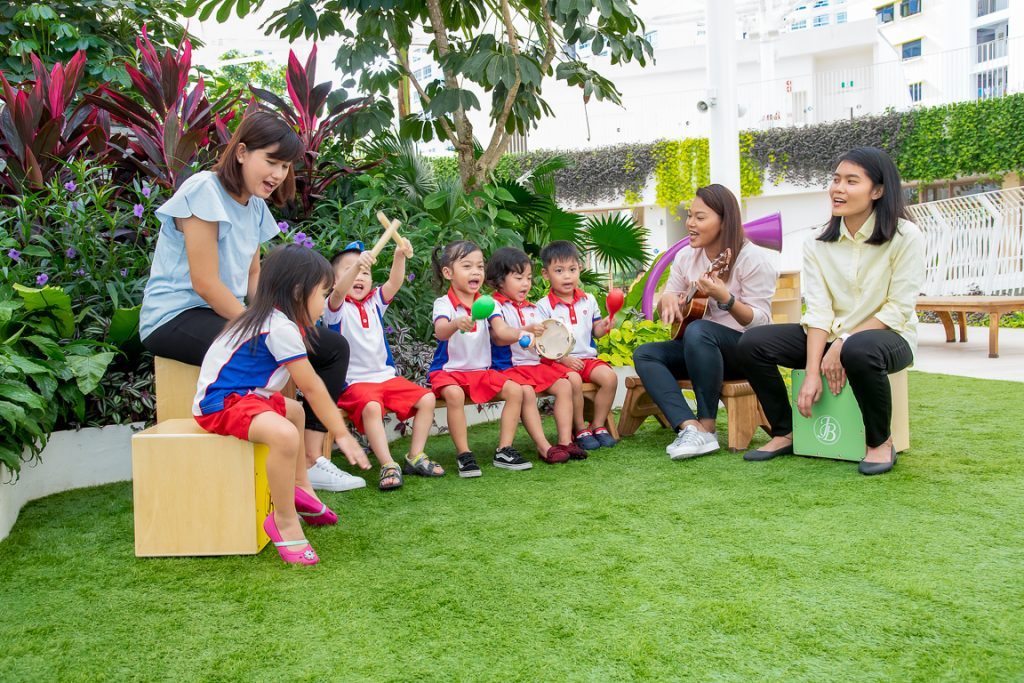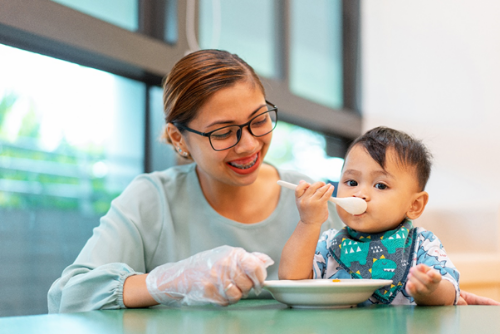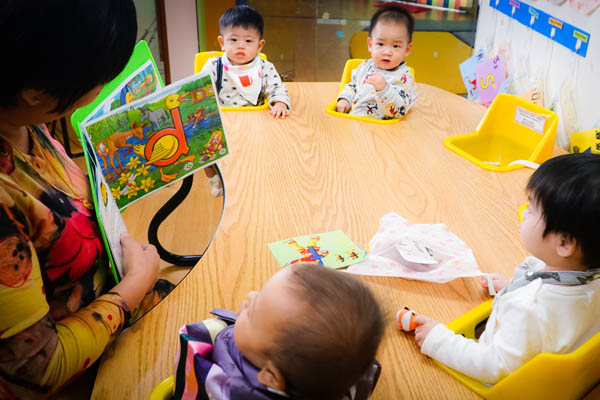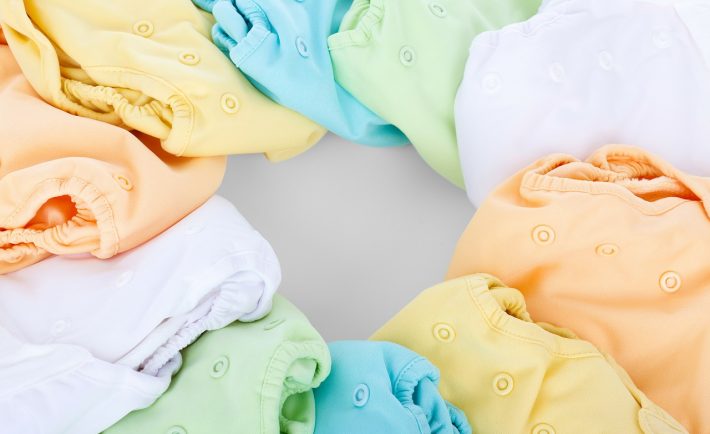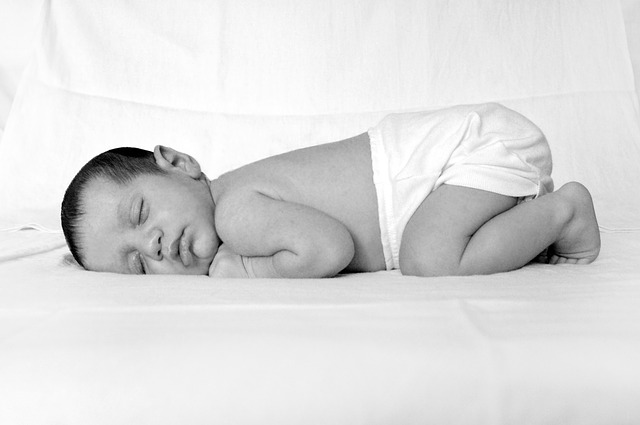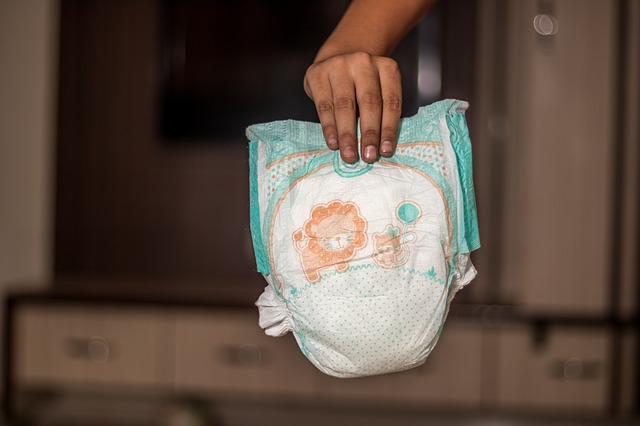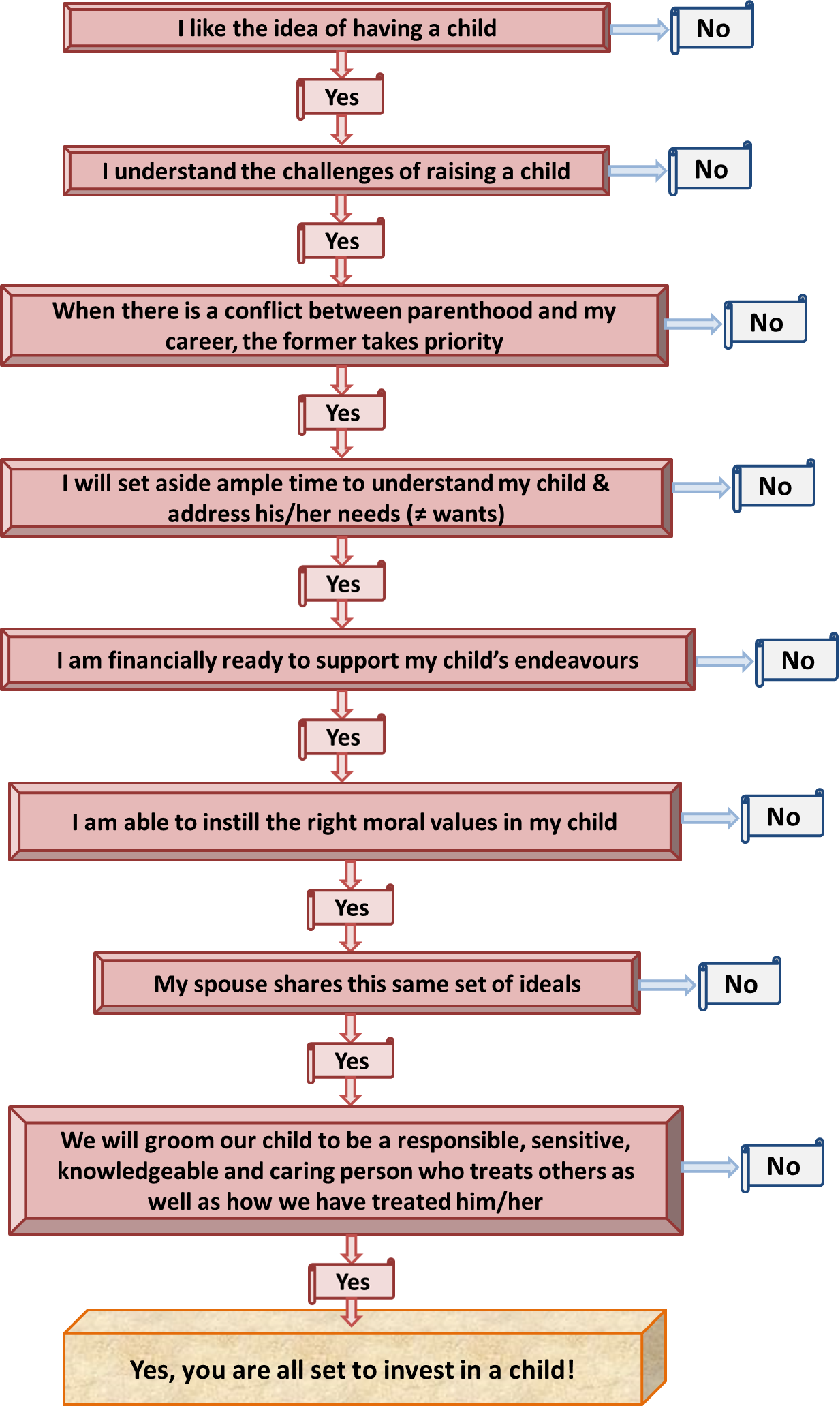You and your partner have been married for a while now, and the topic of children has come up in conversations more than a few times.
You’re both on the same page about wanting kids—eventually—but you’re not quite sure if you’re ready yet. Deciding if you’re ready for a baby is a huge decision, and it’s not one to be taken lightly. There are a lot of factors to consider, both big and small.
Below, we’ve compiled a list of questions to help you make an informed decision.
Are you financially prepared?
One of the most important aspects of readiness is financial preparedness.
Take a good look at your current financial situation and determine if you’re able to handle the added expenses of a child.
This includes having a monthly budget to evaluate your available income, considering an emergency fund, and retirement savings, and how debt repayment will be affected. You should also think about any goal-related expenses you may have, like buying a car.
Are both partners ready to be parents?
Some couples feel a strong desire to be parents, and for them, the answer is easy.
Other couples have to weigh the pros and cons, and sometimes it’s not a clear-cut decision.
Some things to consider: Are you both ready to give up some of your time and freedom to care for a child? Are you prepared to handle the stress of parenting? These are just some of the questions you will need to ask yourselves.
It’s also necessary to talk with your partner about your readiness. Be honest with each other about your feelings and fears. This is a huge decision, and you need to make sure that both of you are on the same page before taking the next step.
What about support networks and help?
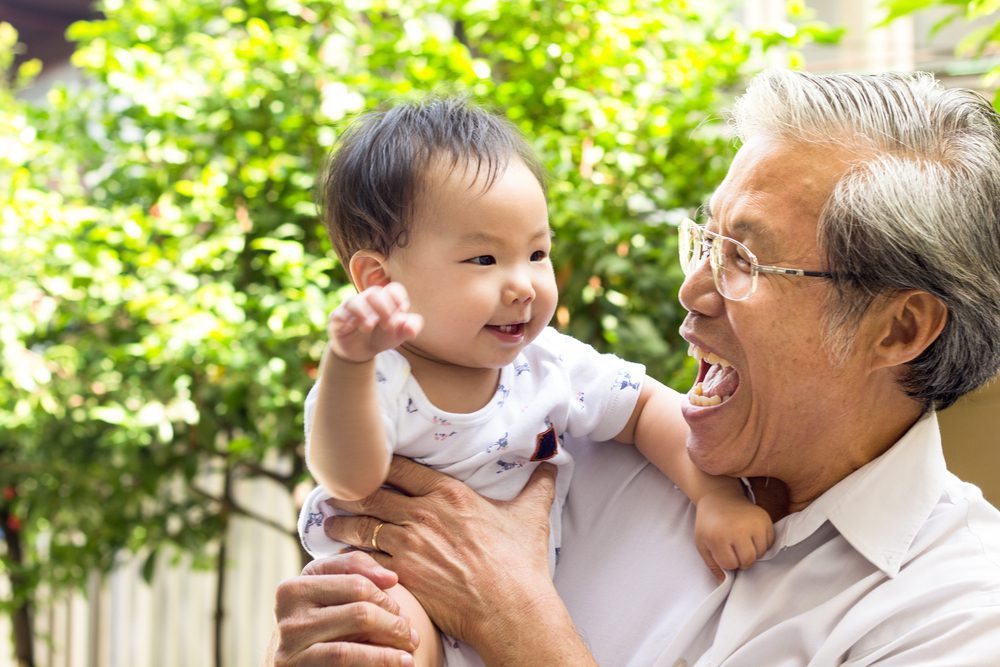
Image Credits: zerotothree.org
You need a strong support network before you even think about having a child. This includes your parents, in-laws, and siblings if they’re close by, as well as relatives.
If you don’t have a good support network in place, now is the time to build one. This includes finding other couples who are also trying to conceive so you can swap advice and tips, attending parenting workshops, and reading up on everything you need to know about being a parent.
How will a baby fit into your career plans?
If you’re in the early stages of your career, you may be wondering if you can afford to take time off work or if you will have to put your career on hold for a while.
It’s worth finding out your company’s policies on maternity leave and childcare before you make any decisions. Some companies are very understanding and will allow you to take a few months off without having to worry about your job security.
Others might not be so understanding, and you may need to think about whether or not you’re prepared to take a step back in your career to start a family.
What lifestyle and hobbies will need to be adapted for a baby?
Having a baby will require you to make some changes to your lifestyle and hobbies.
For example, if you’re used to going out drinking every weekend, you might have to give that up once you become a parent.
And if you’re an avid traveler, you might have to put your travel plans on hold for a while. That’s not to say you won’t be able to travel with your baby, but it will be more challenging and you will have to plan your trips around your child’s needs.
So before you decide to have a baby, sit down and think about what lifestyle changes you will need to make. If you’re not ready to make those changes, then you might not be ready for parenthood just yet.
So, how do you know if you’re ready for a baby? Ultimately, only you can answer that question. However, asking yourself the questions in this article is a good starting point. If you can honestly say that you have stable financials and a supportive partner, and you’re both on the same page about wanting a child, then you’re likely ready to start trying for a baby. However, if you’re not quite there yet, that’s okay, too. Just make sure you’re honest with yourself and don’t try to have a baby just because you think it’s what you’re supposed to do.


